PFC. Griswold Mills Hill Jr., WWII/Korea: Survived Okinawa only to fall in Korea
Hill, born Nov. 27, 1926, was an only child who lived with his parents, father Griswold Mills Hill Sr., a U.S. Army veteran of World War I, a textiles purchasing agent and a City College of New York instructor, and mother Isabel (Brogan) Hill.
The family lived at 615 W. 142nd St. in Harlem between Riverside Drive and the CCNY campus during M’s childhood, then briefly in a rented house in Barney Park in the late 1930s before moving to Westfield, N.J., shortly before 1940. A brief sojourn during World War II would see the family move to Rome, N.Y. where now-Major G.M. Hill Sr. was stationed at the Rome Army Air Depot, chief of the Supply Division of its Reparable Property Branch, responsible for the restoration of damaged war equipment.
.png) |
| Griswold Mills ("M") Hill Jr. is shown in his Class of 1944 Irvington High School graduation photo taken from the Irvington Gazette newspaper. |
It would appear that young M must have lived with an unspecified relation or friend of the family while attending Irvington High from September 1940 to June 1944 since his parents don’t appear to have lived in the village at all during that period. We know that he graduated from Irvington High and promptly moved to the Rome, N.Y., base to live with his parents and work a summer job on the base.
Hill was just a little less than a month shy of his 18th birthday when he enlisted in the Marines on Oct. 30, 1944 and was assigned to basic training at Parris Island, S.C. From there is it believed he was sent to Marine Corps Base Camp Pendleton, Calif., near San Diego and finally to the Pacific theatre with the Marines’ 1st Infantry Division where he took part in the 82-day Battle of Okinawa, April 1-June 22, 1945.
He quite likely would have been assigned with the rest of the 1st Division to take part in Operation Downfall, the planned Allied invasion of the Japanese homeland scheduled to begin in November 1945. That attack was canceled after the Empire of Japan surrendered in the aftermath of August’s Nagasaki and Hiroshima nuclear attacks.
He went on to serve in Occupied Japan after Sept. 2, 1945.
Hill, who had enlisted for a four-year stint in 1944, was discharged from active duty on Aug. 21, 1946 but remained on active reserve, a status which would eventually cost him his life.
After completing his active duty requirements, Hill enrolled at Mohawk Valley Community College in Utica and later transferred to the Syracuse University School of Business Administration, from which he graduated in 1949. He remained in upstate New York, getting a job in March 1950 in the advertising department of the Syracuse Post-Standard newspaper.
It wasn’t long before the Marine Corps came calling again. Private first class Hill was called to active duty on August 31, 1950, with the 10th Marine Tank Battalion, a little more than a month after communist forces from northern Korea invaded the southern half of the Korean Peninsula on June 25, 1950. Hll arrived in Korea on Oct. 25, 1950 and he entered combat on Nov. 1, 1950 with the Marine Corps’ 1st Division as part of the United Nations Command’s X Corps force led by the United States.
Six weeks before Hill’s arrival in Korea, the 1st Marines had taken part in the brilliant Inchon amphibious assault devised by Gen. Douglas MacArthur on Sept. 15, 1950 that had severed communist supply lines, liberated Seoul and sent North Korean and Communist Chinese forces reeling back to the north.
The 1st Division, part of the 30,000-man X Corps of the United Nations Command, was around the Chosin Reservoir on Nov. 27, 1950 when 120,000 Chinese soldiers poured across the border and surrounded them. Being outnumbered 4-to-1 was bad enough, but an unseasonably cold weather system had descended on the region, dropping nighttime temperatures to as low as minus-36 Fahrenheit. The cold caused rifles and firearms to misfire, drained batteries disrupting radio transmissions and stalling tanks and other military vehicles, not to mention inflicting frostbite and other cold-related casualties.
The battle lasted 17 days and was brutal, but the X Corps and 1st Division were able to break out of the encirclement and make it east to the port of Hungnam, 78 miles away via the only road available for the fighting retreat. The 1st Division was evacuated by the Navy from the port of Hungnam, marking the UN Command’s last presence in North Korea for the duration of the three-year conflict.
 |
| Pfc. Griswold Mills Hill Jr. is shown in uniform in the photo that appeared with his 1951 newspaper obituary. |
“Hill sent back many graphic accounts of the rigors of war to friends in Syracuse. Feeling the bitterness of the infantryman, he said in one letter that in his opinion, the Korean war ‘is a useless waste of time and life, to wait to be trampled beneath Chinese boots. There is no doubt,’ he wrote, ‘that our present strength is insufficient against the Chinese hordes. Personally, I hope Korea is soon evacuated by all hands’.”
In his own case, Pfc. Hill’s prognostication about the Chinese was on target. And Hill’s war was not over.
Hill’s parents were told of his death in a message from the Department of Defense within a week of his death. “M” was 24 years old and had never married, never had children and became the second member of the Irvington High Class of 1944 who fought in World War II to die during his service time. Pvt. Peter R. Robertson of North Eckar Street, who was lost during a flight over the Pacific to Japan in 1946 was the other.
Links to similar personal stories about Irvington heroes who gave their lives for their country*
◼ Pfc. Cuthbert Powell Sinkking: Class of '42 gave 3 of its own to the ages
◼ Pfc. John Joseph (Joe) Gilchrist: Died after capture of Saint-Lo
◼ Lt. (j.g.) George Eddison Haines: Lost at sea, awarded Silver Star
◼ Pfc. Joseph Thomas Costello: Teen lost life in Battle of Mindanao
◼ MSgt. James Peter Kelley: Survived WW II and Korea; died in fall
◼ S1 Archibald Ronald: Lost on next-to-last Navy ship sunk by U-boat
◼ TSgt. Raffaele R. (Ralph) Reale: A hero's life ended on East Sunnyside Lane
◼ Sgt. Robert F. Morrison: Took fight to the enemy, fell in Alsace
◼ Lt. Col. George W. Beavers Jr.: Re-upped as private; died on war's eve
◼ F2 Claude L. Bronnes: Went down with the Atlanta at Guadalcanal
◼ MMLC William James Downey: Died aboard ship off West Coast
◼ Pvt. Alick Main Ian: Died taking Aachen, first German city to fall in WWII
◼ Pfc. George Mills Hill Jr.: Survived Okinawa, only to fall in South Korea
◼ Pvt. Peter R. Robinson: Lost to shadows of time over Pacific, answers never found
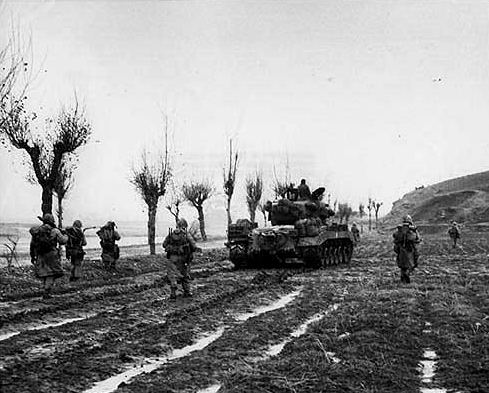



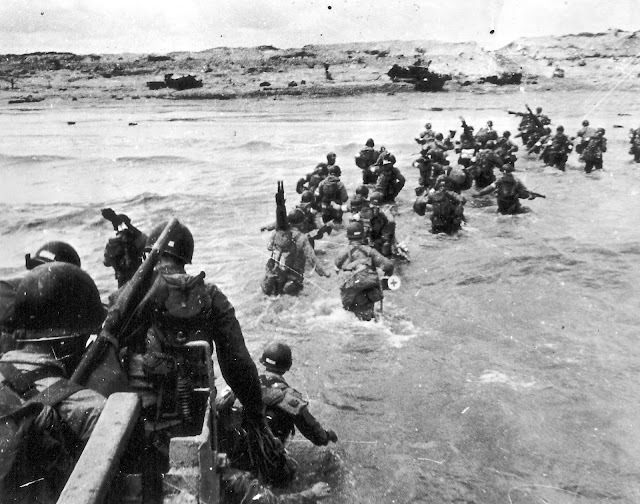


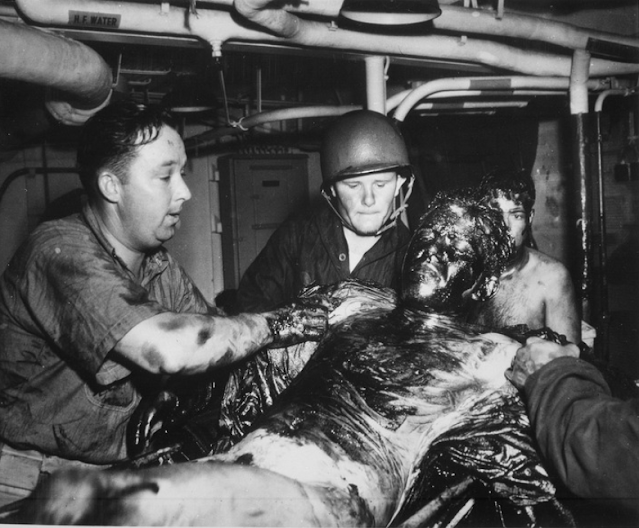

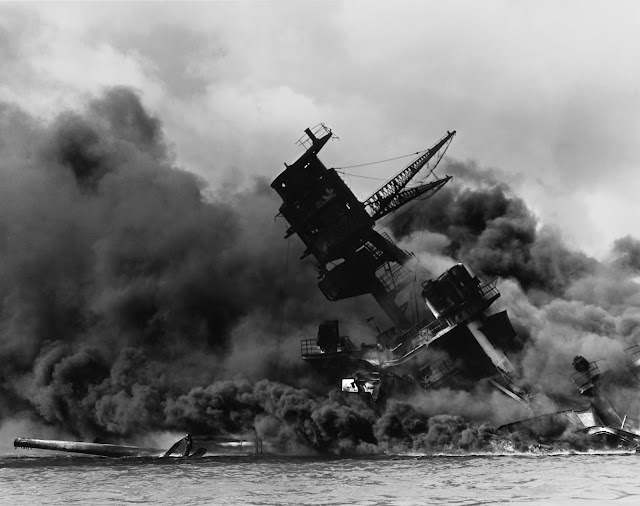
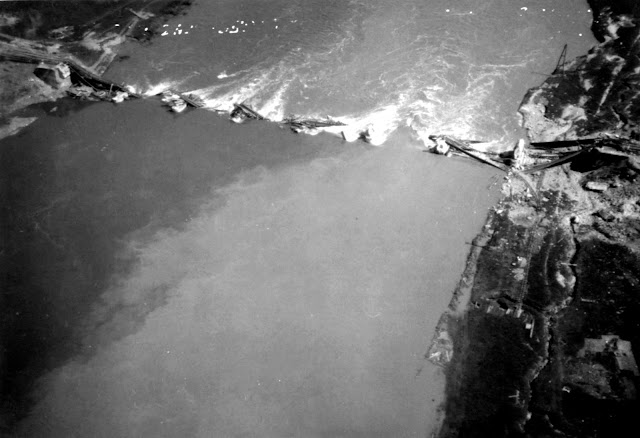

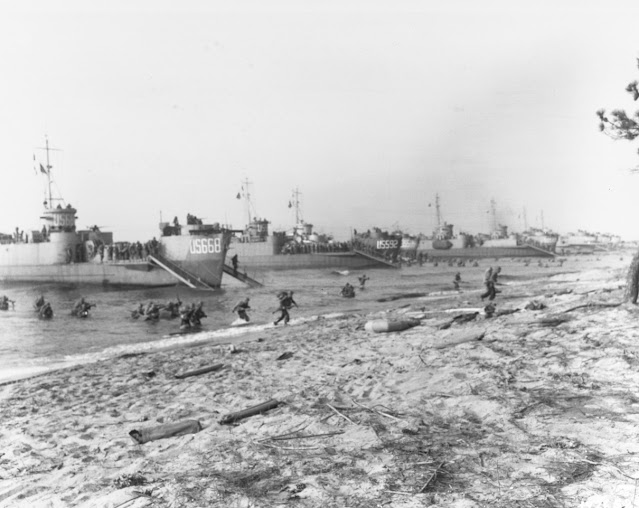
Comments
Post a Comment